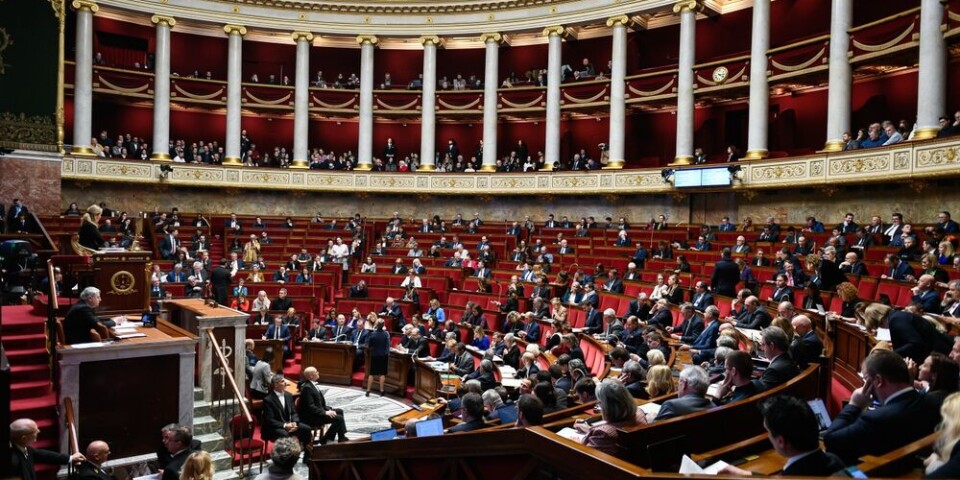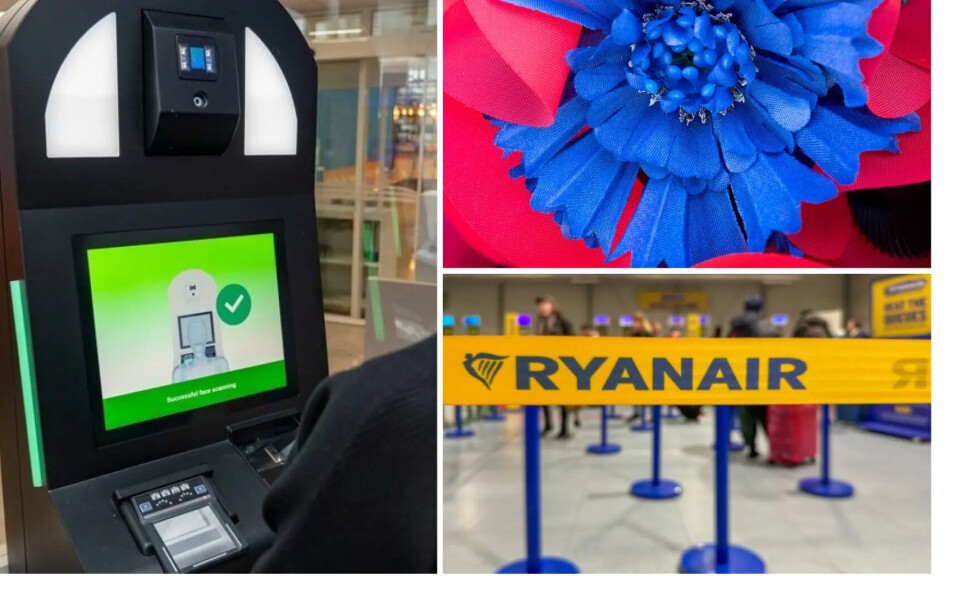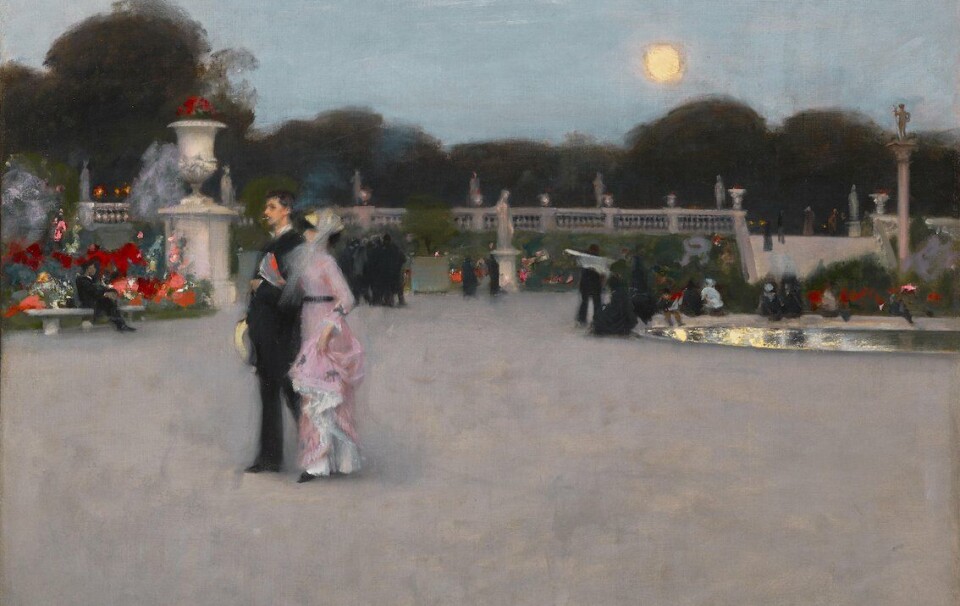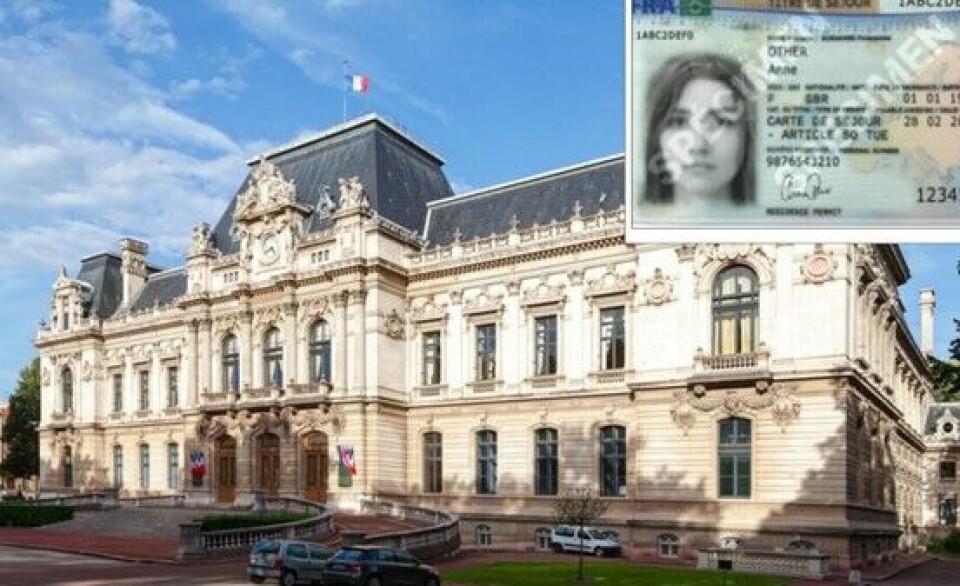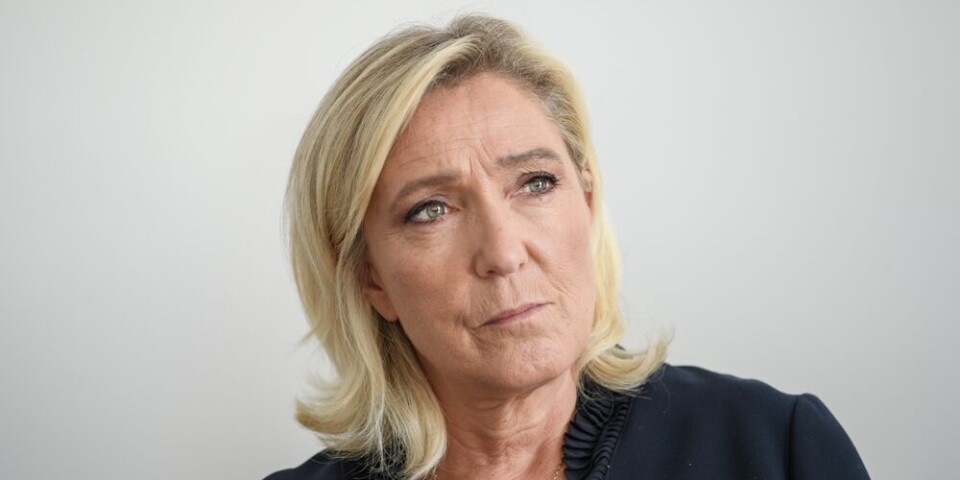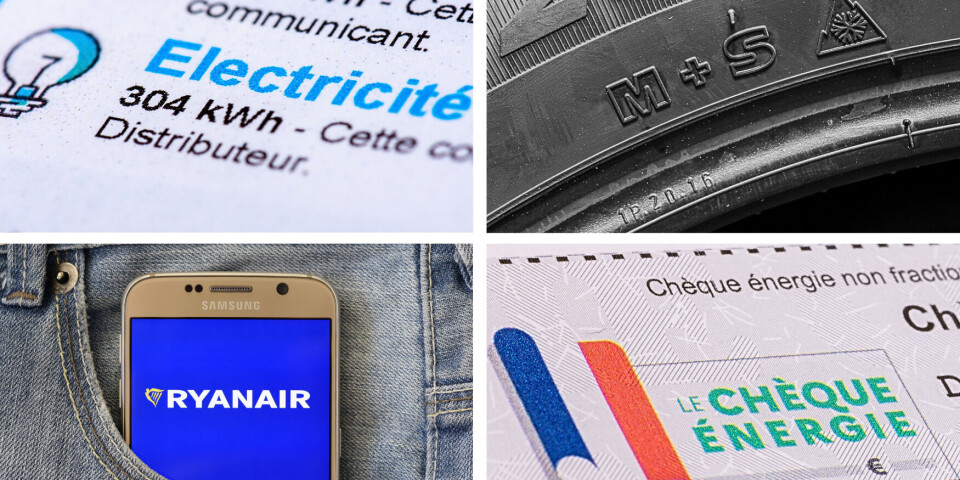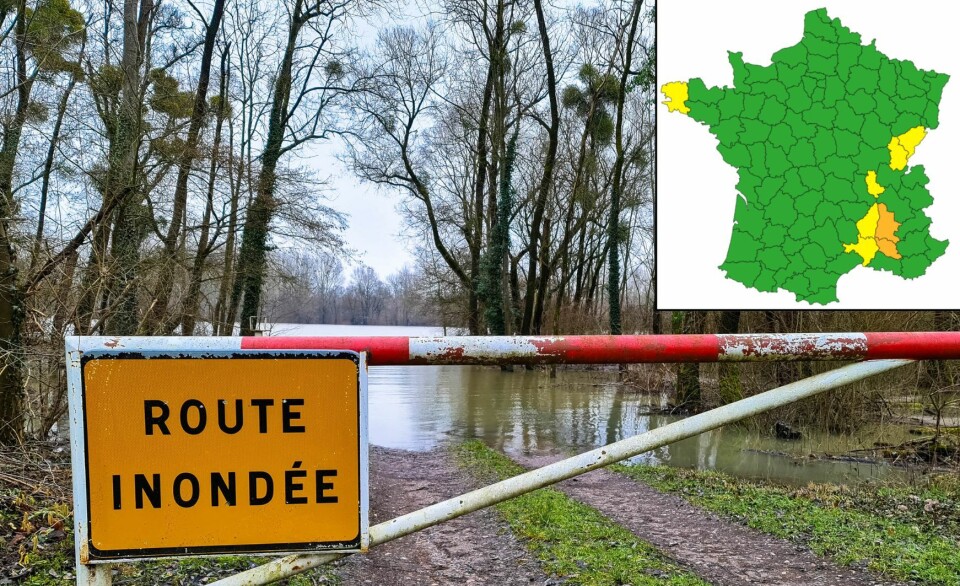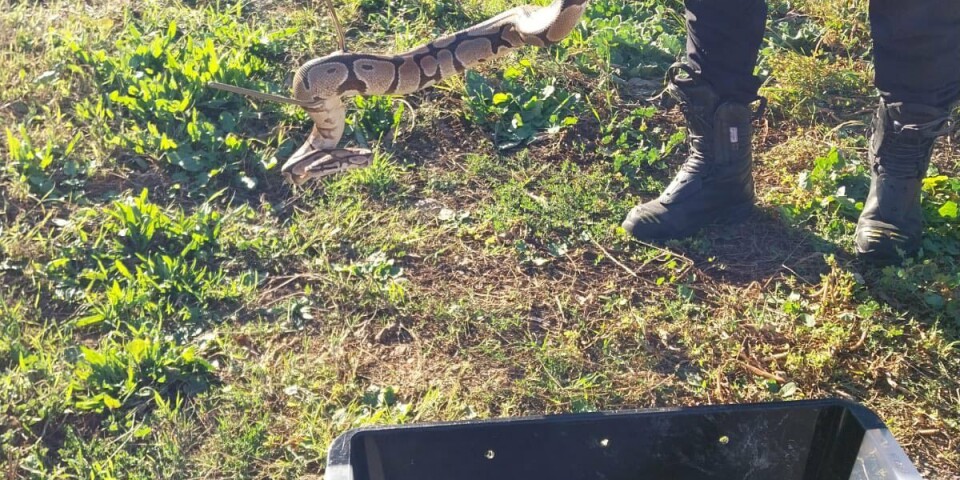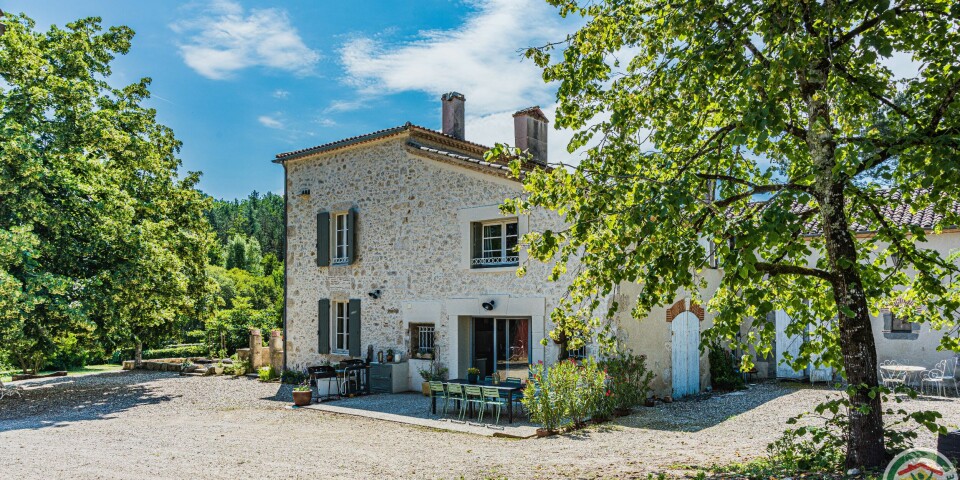Row over porn access as Free adds VPN to French mobile contracts
Virtual private networks may allow users to bypass age verification laws
Free claims that more than 40% of people in France have already used a VPN
sylv1rob1/Shutterstock
French telecoms operator Free is offering a free VPN with eligible mobile phone packages, making it easier for users to bypass age verification laws on pornographic websites.
“Free is introducing Free mVPN, a public VPN service directly integrated into its mobile network and offered at no extra cost to Forfait Free 5G and Série Free subscribers. Activation can be completed in one click from the mobile Subscriber Area or the Free app, for a 12-hour session that deactivates automatically,” reads an announcement published by Free on September 16.
Virtual private networks (VPNs) are typically third-party paid services that allow users to connect to a website or application without disclosing their location.
They therefore offer confidential web browsing with end-to-end encryption, and protection against malicious content. The connection links via servers located in different countries, meaning VPNs may also be used to bypass geographical and legal restrictions.
Free has not explicitly addressed the possibility of using mVPN to access restricted websites, however company founder, Xavier Niel, made the intention clear on social media.
“Free Mobile includes a free VPN, which incidentally allows users to bypass anti-pornography blocking,” wrote a tech news account on X (previously Twitter).
Mr Niel replied to this post, below:
“A VPN should not be a luxury reserved for a select few… Once again, Free is giving purchasing power back to the French people,” Mr Niel said in a press release.
Reported to France’s media regulator
Socialist Party politician, Thierry Sother, announced on September 18 that he has taken action against Free, reporting their mVPN service to media regulator Arcom.
Mr Sother said that the ability for anyone, regardless of age, to access restricted content “raises serious concerns” and “poses a danger to [the] safety and health” of under 18s.
Je saisis l' #Arcom : le #VPN gratuit offert par Free à ses abonnés permet aux mineurs de contourner les restrictions d'âge en ligne. Un danger pour leur sécurité et leur santé, alors que la commission d'enquête #TikToK a montré qu'il était urgent de mieux les protéger @socialistesan.bsky.social
[image or embed]
— Thierry Sother (@thierrysother.bsky.social) September 18, 2025 at 5:38 PM
“By offering minors an easy way to bypass legal measures, Free is directly undermining the effectiveness and scope of [age verification] legislation,” reads Mr Sother’s press release.
He also alluded to the French government's announced plan to ban access to social media for children under the age of 15, saying this “would become unenforceable if operators themselves provide widespread tools to override the ban.”
Free responded to this via news agency AFP, specifying that parental controls are available on mobile contracts and remain active while VPNs are enabled.
Using VPNs in France
Using a VPN is legal in most countries, including France, “provided that it is not used for illegal purposes” states government website Francenum.
Said “illegal purposes” could include: downloading or distributing works protected by intellectual property rights; hiding your identity to hack other internet users; or selling illegal products.
Francenum also recommends opting for paid VPNs from “reputable providers” as some free services could contain malware.
Prices can vary from €2 per month for a minimum 2-year subscription to €15 per month for a monthly subscription.
Free claims that more than 40% of people in France have already used a VPN.








